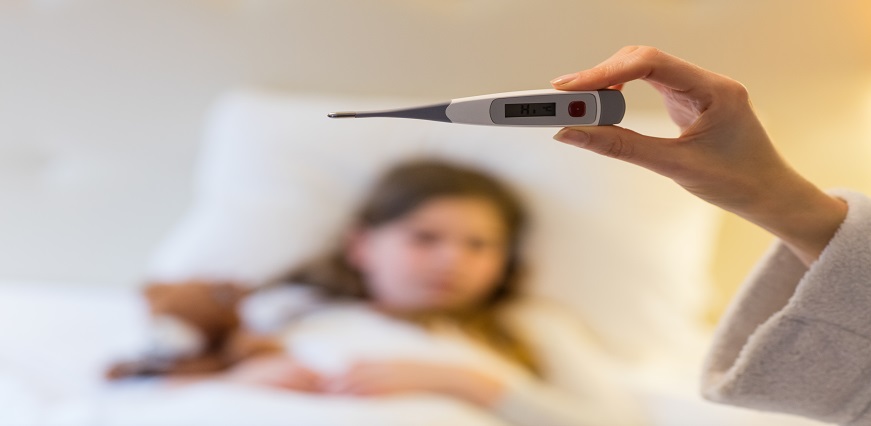





No lab centers are available in this city

Max Lab
Dec 05, 2022
Depression is a condition that affects millions of people in India, often with long-term consequences. This article will explore the various types, symptoms, causes, and treatments for depression.
Depression is a mental disorder that can cause a wide range of emotional and physical problems. It is characterized by feelings of sadness, hopelessness, and worthlessness that last for at least two weeks.
Depression can lead to a number of problems, including difficulty concentrating, sleeping, and eating. It can also cause physical problems such as headaches, stomach aches, and fatigue. Depression can make it difficult to function in everyday life and can even lead to thoughts of suicide.
There are several different types of depression, each with its own symptoms and causes. Major depressive disorder is the most common type of depression. Other types include dysthymia (a less severe form of depression), bipolar disorder (which involves episodes of both mania and depression), seasonal affective disorder (which occurs during certain seasons), postpartum depression (which affects new mothers), and premenstrual dysphoric disorder (PMDD).
The exact cause of depression is unknown, but it is believed to be caused by a combination of genetic, biological, psychological, and environmental factors. Treatment for depression typically involves medication, therapy, or both.
There are four main types of depression: Major Depression, Persistent Depressive Disorder, Bipolar Disorder, and Seasonal Affective Disorder.
Depression is a complex mental health condition with a wide range of potential symptoms. While different people may experience different symptoms, some of the most common ones include:
Depression is a complex mental health disorder with many possible causes. According to the National Institute of Mental Health, some common causes of depression include:
Depression is a serious medical condition that requires treatment. There are many different types of treatments available, and each person with depression will respond differently to each type of treatment. The most important thing is to find a treatment that works for you.
There are several different types of treatments for depression, including medication, psychotherapy, and light therapy. Medication is the most common form of treatment, and there are many different types of medications used to treat depression. The most common type of medication used to treat depression is antidepressants. Antidepressants work by increasing the levels of neurotransmitters in the brain, which helps to improve mood and alleviate symptoms of depression.
Psychotherapy is another effective treatment for depression. It can be conducted individually or in group settings, and it often focuses on helping the individual identify and change negative thought patterns. Light therapy is another effective treatment option for some people with depression. It involves exposure to bright light, which can help to improve mood and alleviate symptoms of depression.
With our offerings in line with government-mandated prices, Maxlab offers full body checkup packages that cover an exhaustive list of tests for a comprehensive diagnosis of your health. Choose from a range of health test packages based on your needs.












Sign up takes less than 60 secs and gives you access to your offers, orders and lab tests.
Looks like you are not registered with us. Please Sign up to proceed
OTP will be sent to this number by SMS
We have successfully received your details. One of the agents will call you back soon.
 To reach our help desk call 9213188888
To reach our help desk call 9213188888
No Lab Centers are available in this city
Looks like you are not registered with us. Please Sign up to proceed
OTP will be sent to this number by SMS
Not Registered Yet? Signup now.Looks like you are not registered with us. Please Sign up to proceed





 7982100200
7982100200.png)
Comments